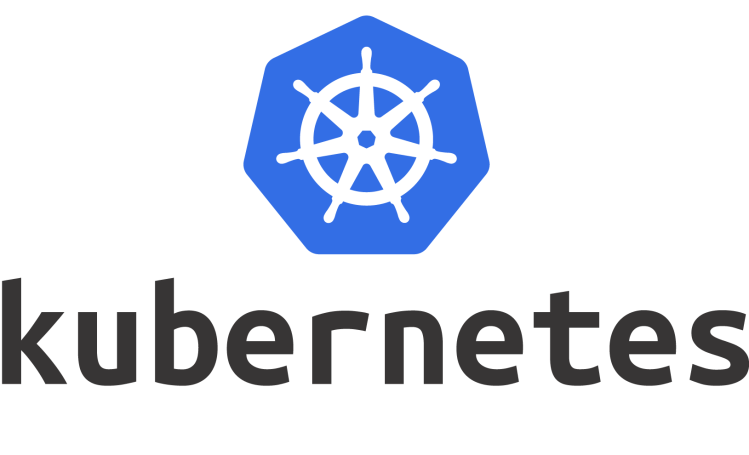testsetset
Continuing its support for container-based web development, Google announced today that it will begin offering commercial Kubernetes apps in its cloud store.
Google Cloud Platform is behind the GCP Marketplace, and the company wants to make the open source Kubernetes platform even more “plug-and-play, production-ready,” according to a blog post from Anil Dhawan, product manager for Google Cloud Platform.
“We are on a mission to make containers accessible to everyone,” Dhawan wrote. “What we’re introducing allows you to find prepackaged applications and deploy them onto the cluster of your choice.”
June 5th: The AI Audit in NYC
Join us next week in NYC to engage with top executive leaders, delving into strategies for auditing AI models to ensure fairness, optimal performance, and ethical compliance across diverse organizations. Secure your attendance for this exclusive invite-only event.
With an ever-increasing number of critical systems running on the internet, developers have been rethinking the way large, bulky software applications are written. A new movement known as cloud-based computing calls for breaking out separate features, or “microservices,” and placing them in containers that have all the necessary pieces for an application to run in one package.
The development philosophy holds that breaking applications into smaller, self-contained units can significantly reduce costs and the time needed to write, deploy, and manage each one. Ideally, this allows the application to be moved across different platforms and operating systems without having to be rewritten, and it has the added benefit of making the overall system more stable.
Kubernetes, originally developed by Google but donated to the Linux Foundation, is used to manage deployment of microservices. With the latest marketplace announcement, Google is hoping to dramatically simplify and accelerate adoption of microservices.
Rather than having to write all-new apps, the GCP Marketplace will provide apps that “are tested and vetted by Google, including vulnerability scanning and author verification,” Dhawan wrote.
The third-party Kubernetes apps cover such areas as security, databases, developer tools, and storage.

